9 Unusual Historical Laws That Will Make You Laugh (or Cringe)
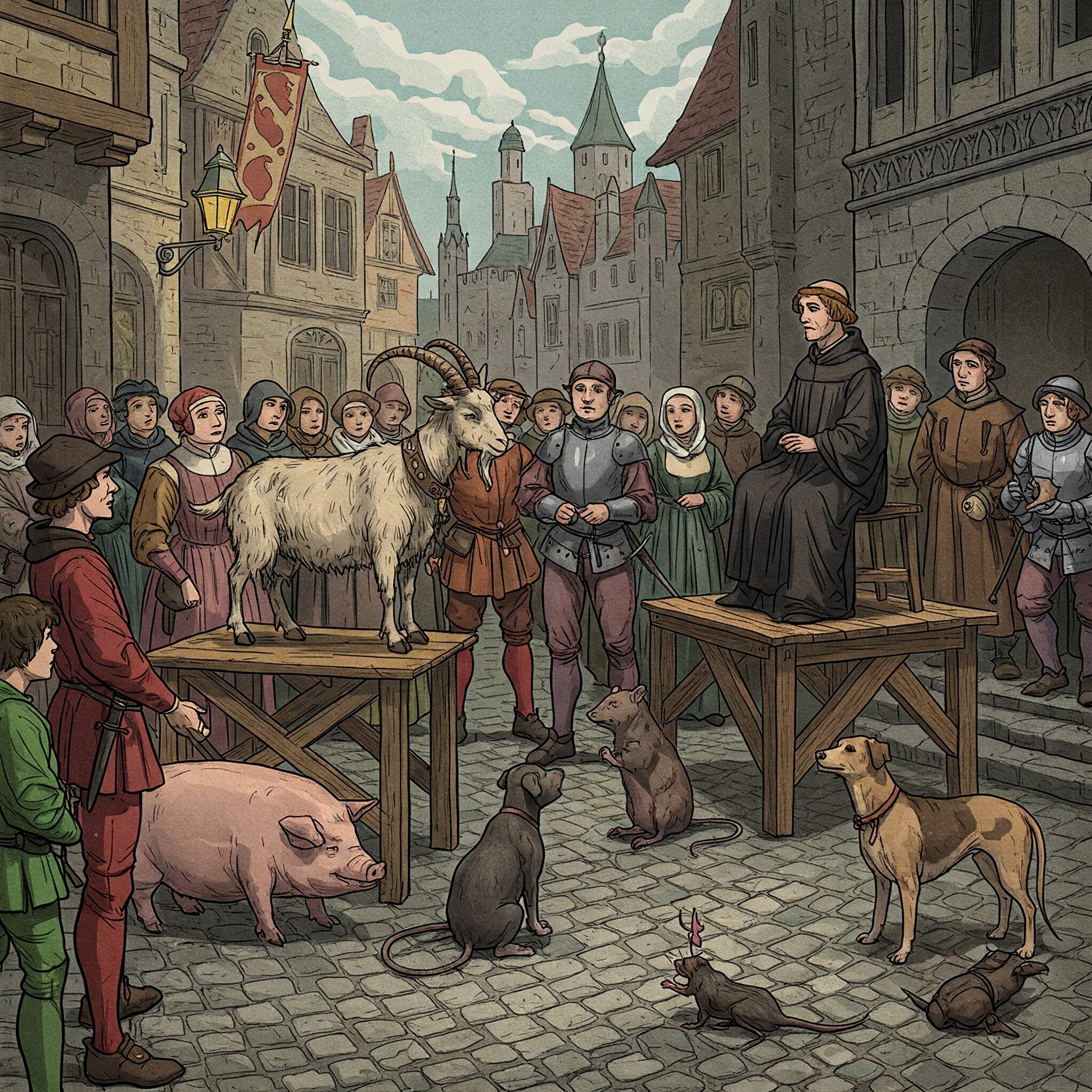
Welcome to 9 Unusual Laws from History!
Prepare to explore some of the strangest and most unexpected laws ever enacted. Each real-life rule comes with a fascinating (and sometimes hilarious) backstory that will spark your curiosity and keep you reading.
1. Massachusetts Banned Christmas (1659–1681)

In Puritan-era Massachusetts, celebrating Christmas was actually illegal! Anyone found feasting or making merry on December 25 could be fined five shillings. Sources: Massachusetts Bay Colony law records.
2. Peter the Great’s Beard Tax (Russia, 1698)
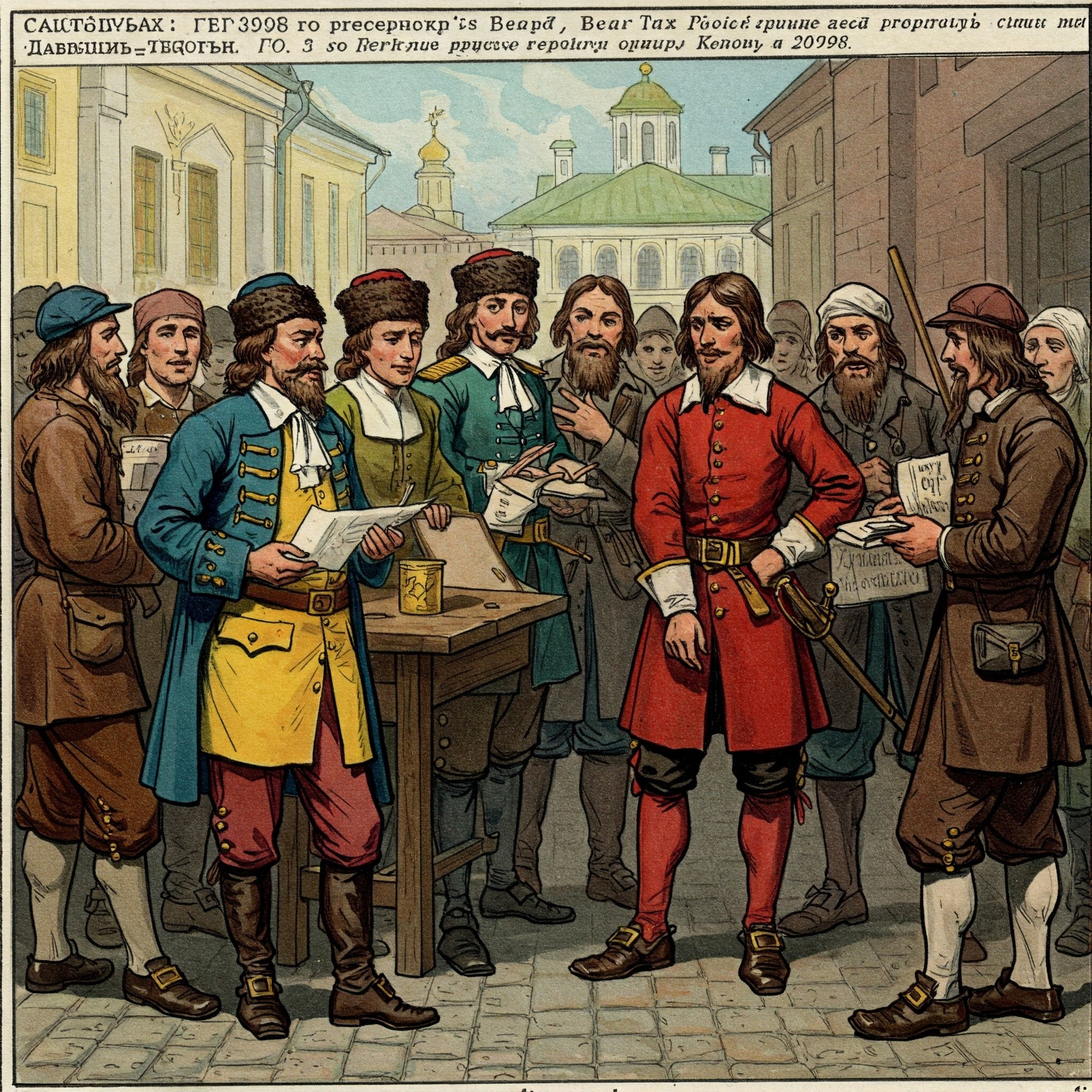
Tsar Peter I aimed to modernize Russia by taxing beards. Men who insisted on keeping their facial hair had to pay and carry a ‘beard token’ to prove compliance. Sources: Russian historical archives, 1698 decree.
3. Medieval Animal Trials
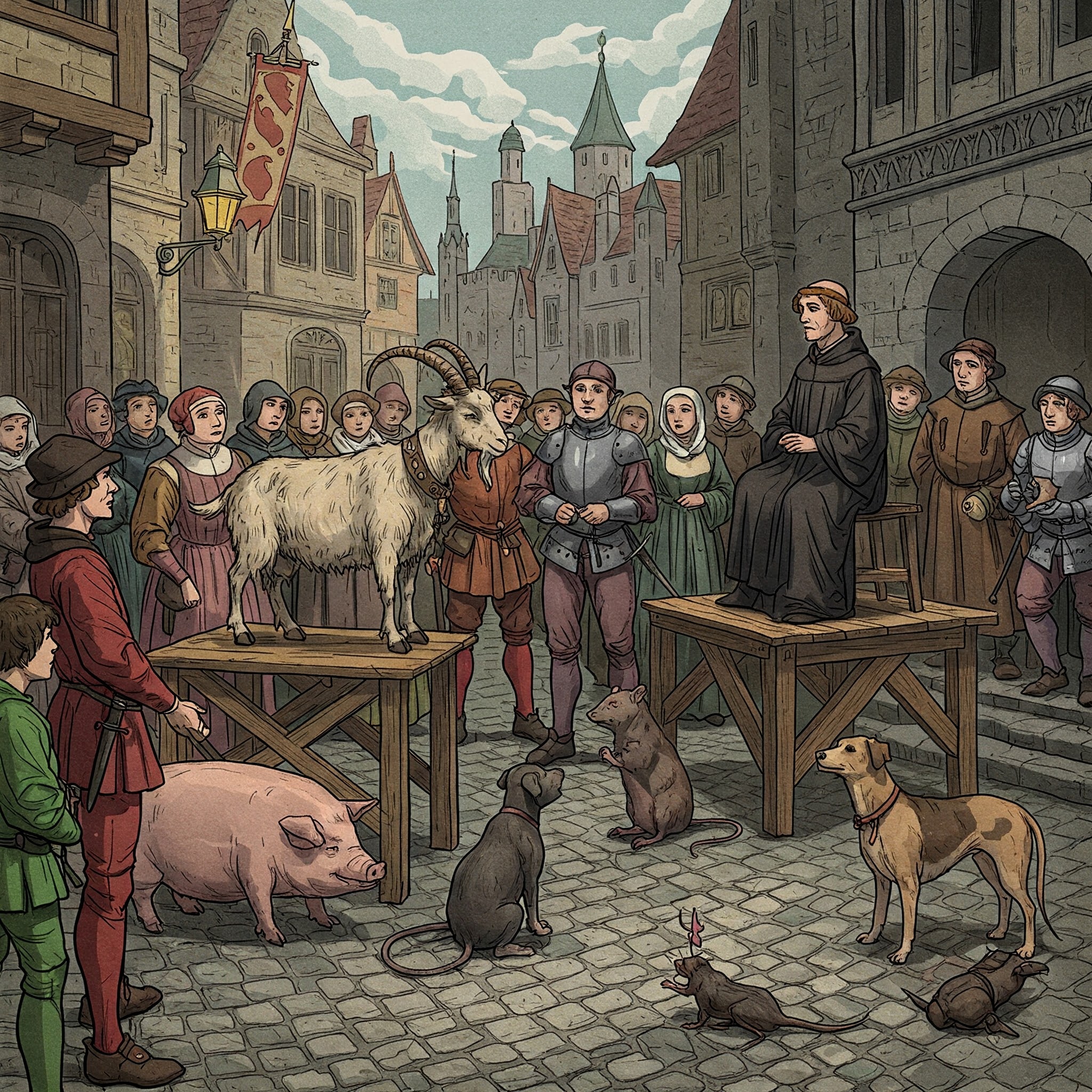
During the Middle Ages in Europe, animals accused of crimes—like pigs or rats—were sometimes hauled into court and given lawyers! They could even face execution if ‘found guilty.’ Source: E.P. Evans’s “The Criminal Prosecution and Capital Punishment of Animals.”
4. Britain’s Window Tax (1696–1851)
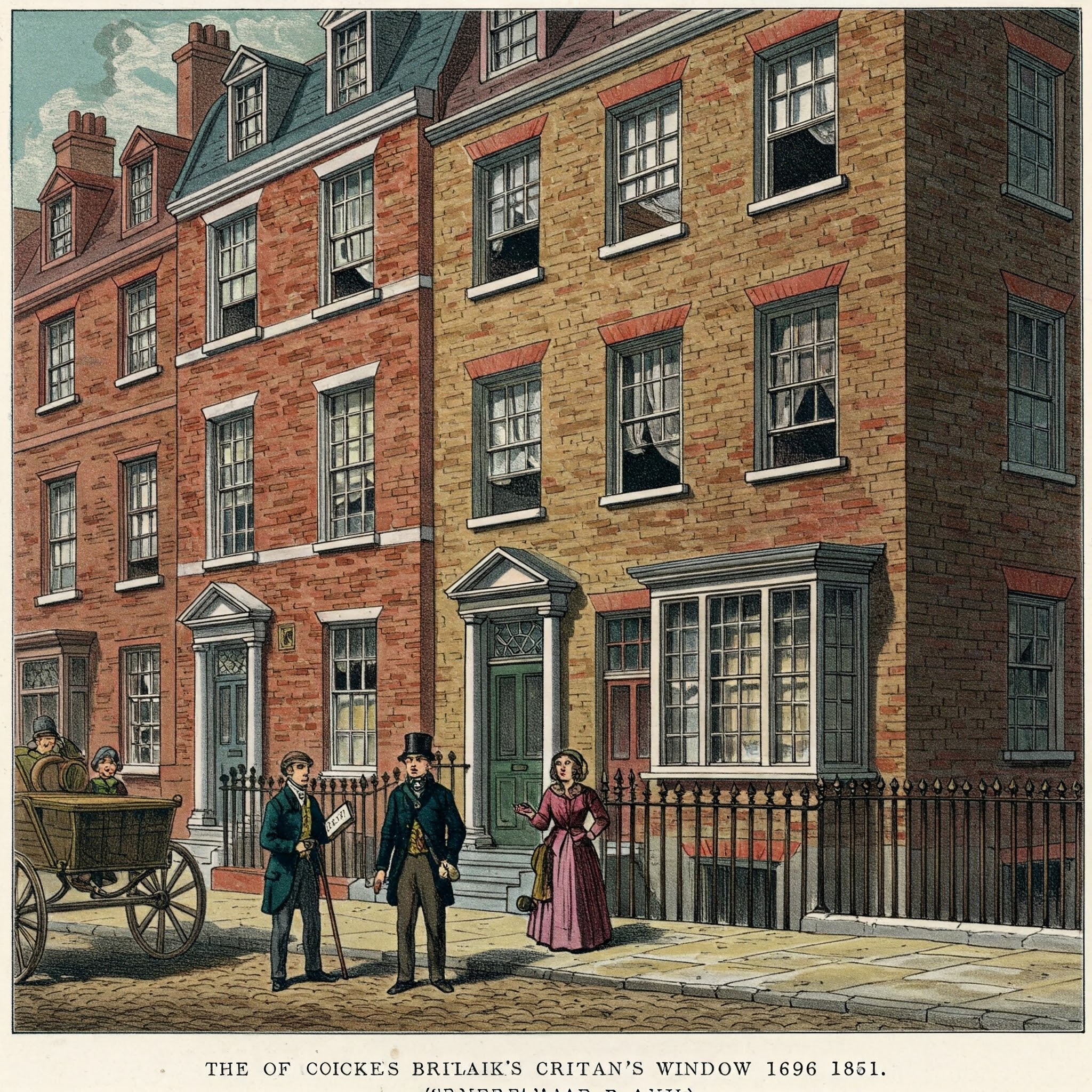
Homes with more windows paid higher taxes, leading many to brick up windows for financial relief. This created ‘windowless’ façades that can still be spotted in some older British buildings. Source: U.K. historical tax legislation archives.
5. Sumptuary Laws Restricting Clothing

From Medieval to Renaissance Europe, sumptuary laws banned lower classes from wearing luxurious fabrics or colors reserved for nobility. This was meant to preserve the social hierarchy. Source: Various European royal decrees and legislation records.
6. Coffee Banned in the Ottoman Empire (17th Century)
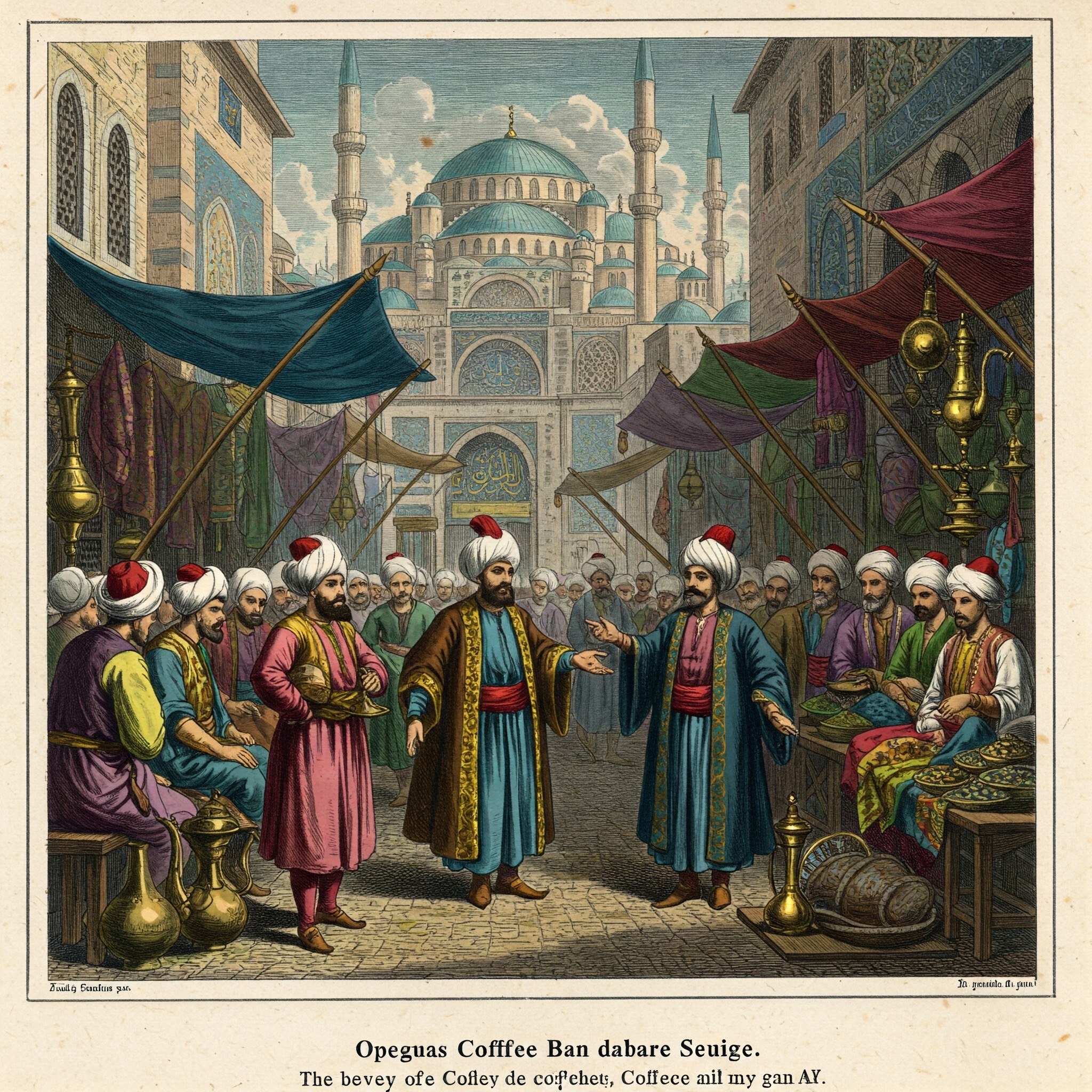
Sultan Murad IV (1623–1640) saw coffee as an illicit substance that could foster rebellion. Anyone caught sipping a cup risked harsh punishment—sometimes even execution. Source: Ottoman imperial edicts of the 17th century.
7. Only Emperors Could Wear Royal Purple (Ancient Rome)

Sumptuary rules meant the rich purple dye—extremely costly to produce—was reserved for emperors or top officials. Ordinary citizens caught wearing purple clothing could face severe penalties. Source: Roman legal texts and historical accounts.
8. Chewing Gum Ban in Singapore (Since 1992)
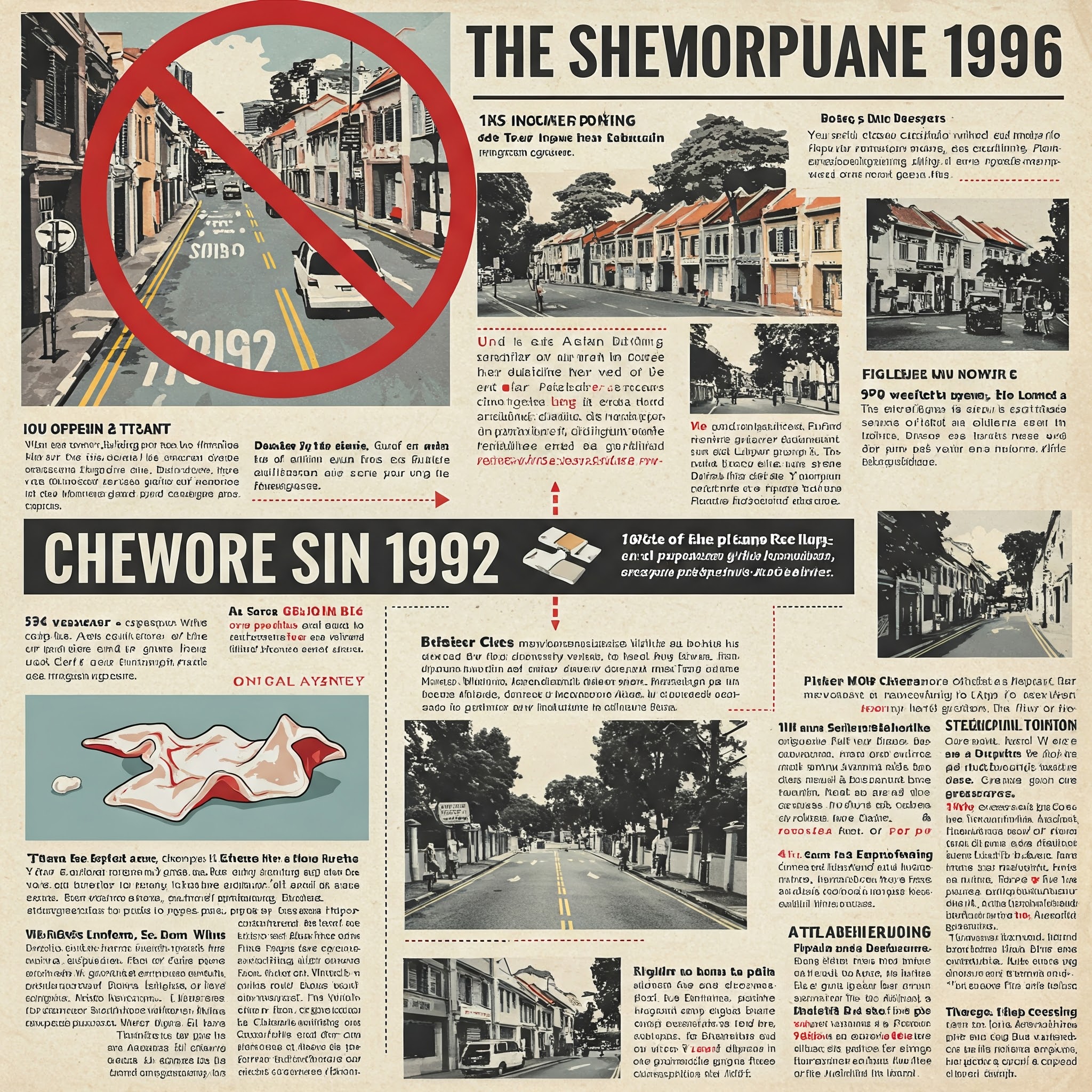
Singapore famously outlawed most types of chewing gum to prevent litter and vandalism. The ban remains, though therapeutic gums are now permitted. Source: Singapore Statutes Online, Regulation of Imports and Exports Act.
9. Margarine Ban in Wisconsin (Late 19th–20th Century)
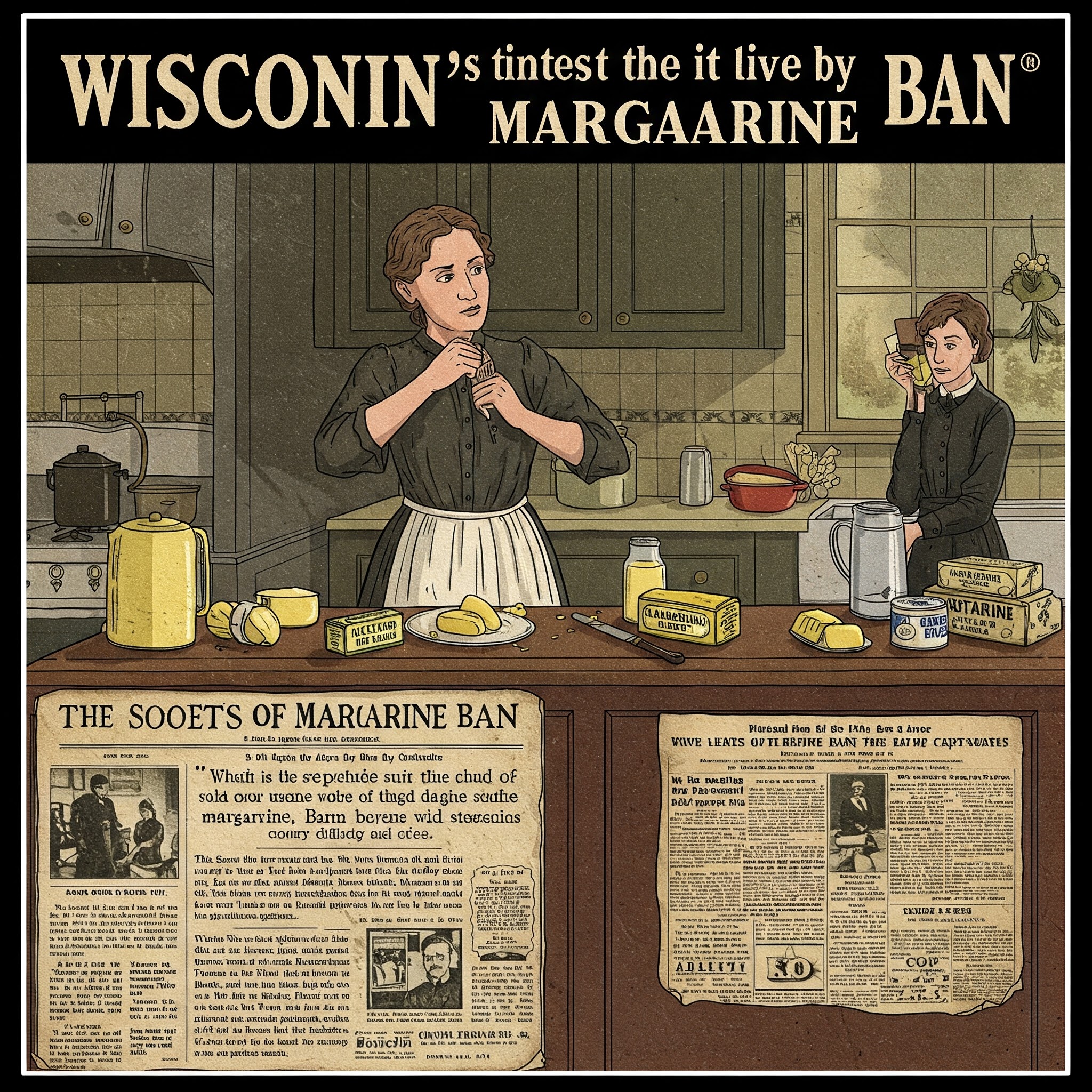
To protect its dairy industry, Wisconsin once outlawed selling margarine colored like butter. Even today, quirky remnants of these ‘oleo laws’ still exist. Source: Wisconsin State Legislature historical statutes.
Spread the Fascination!
History is full of quirky surprises, and these 9 laws are just the tip of the iceberg. If you found these facts entertaining, why not share them with friends and spark a lively conversation about the marvels—and oddities—of our past?
Comments
Loading comments...